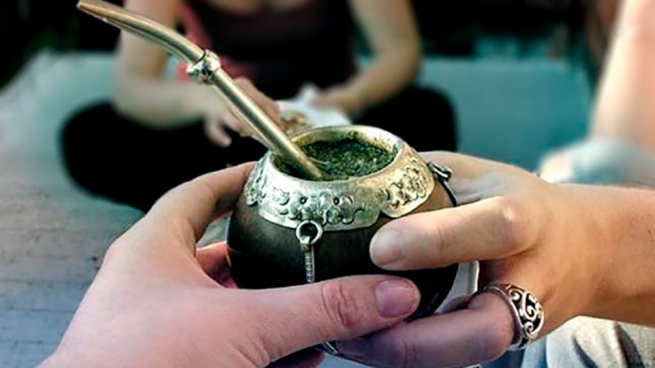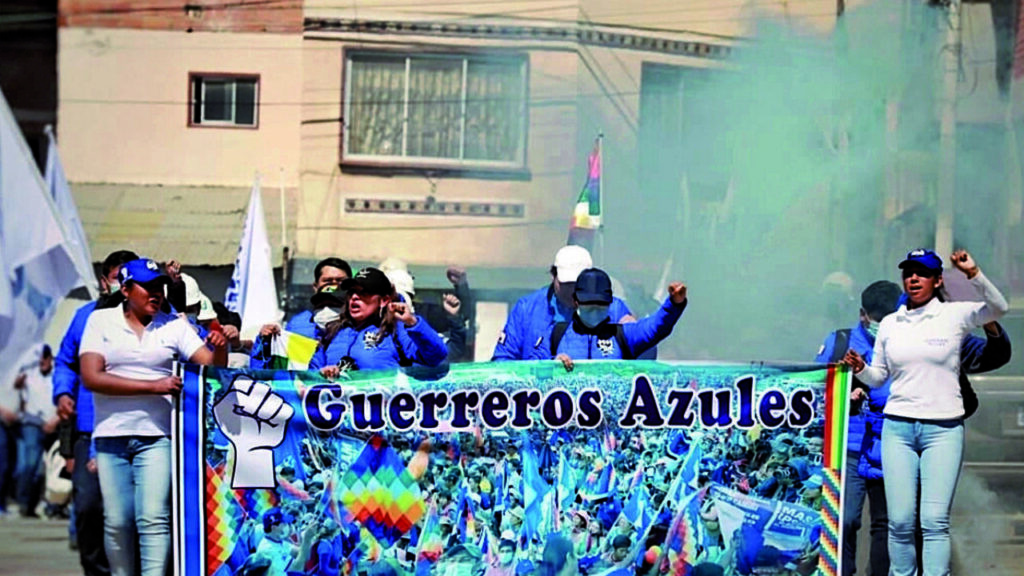The Ministry of Agriculture set the price of the raw material of yerba mate at $46,890 per ton of green leaf, and at $178,180 the value of canchada yerba mate, both put in the dryer.
The new values represent increases of 27% and 28%, respectively, with respect to existing prices, which caused discomfort in the productive sectors of the province of Misiones.
The decision was made by the Ministry of Agriculture through resolution 32/2022, published this Wednesday in the Official Gazette, where it was explained that the new values will govern from this Wednesday and until next September 30.
At the beginning of last March, the National Institute of Yerba Mate (INYM) summoned the intervening parties to define the new values of the raw material.
For this, the INYM presented the background to be taken into account in the definition of the price.
Representatives from the provinces of Misiones and Corrientes, and from the production, cooperative, dryer, industry and rural workers sectors participated in the meeting.
However, the parties were unable to reach a unanimous decision, which is why it was decided to submit the dispute to the arbitration of the Ministry of Agriculture, as established by Law 25,564, and thus the new values were established that represent an increase in 27.31% compared to the numbers established in November of last year.
The new values established by the ministry caused discomfort in the missionary producers because they considered them insufficient with respect to last year’s inflation and compared to what is currently being paid in the producing area.
Jonás Petterson, representative of the producers in the National Institute of Yerba Mate (INYM), said that “the values are quite disappointing. We expected a price more in line with what is being paid today in the market. But it is a national award that we have to receive as a guarantee price, which does not mean that this price must be paid.”
Industry sources told Télam that in the market the price of yerba mate raw material is around $60 per kilo in the northern zone and in some collection points in the southern zone of Misiones.
“The producer has to demand the price that is being paid today, which is $60 per kilo, and continue fighting for that price,” Petterson stressed.


















